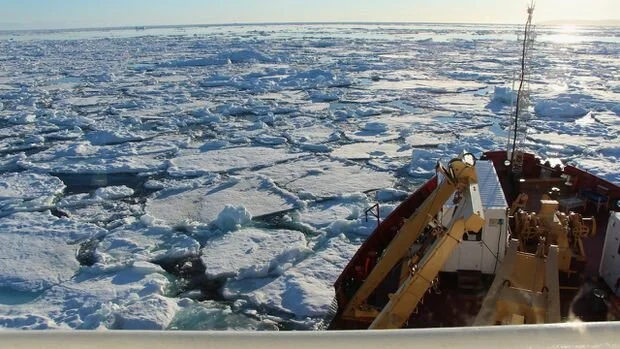Lithium in particular, she pointed out, leads to a significant amount of water extraction, and can lead to contamination of water supply, which can also impact ecosystems and the species that depend on them. Canada doesn't currently produce lithium, though it has about 2.5 per cent of the world's known lithium deposits. That's a tiny share compared to countries like Bolivia, Australia, Chile and Argentina, not to mention that China controls most of the world's processing capability.
Canadian Arctic awash in microplastics, study finds
In the first large-scale survey of its kind in the region, researchers sampled more than 30 locations across the eastern Arctic and Hudson Bay and were able to detect microplastics nearly everywhere they looked, including in surface waters, marine sediments and in the guts of zooplankton – the tiny, floating organisms that occupy the base of the Arctic food chain. And while the long-term effects of the materials on the environment and on human health remain largely unknown, the results suggest widespread exposure is becoming inescapable, even for people living in the most remote areas of the globe.



